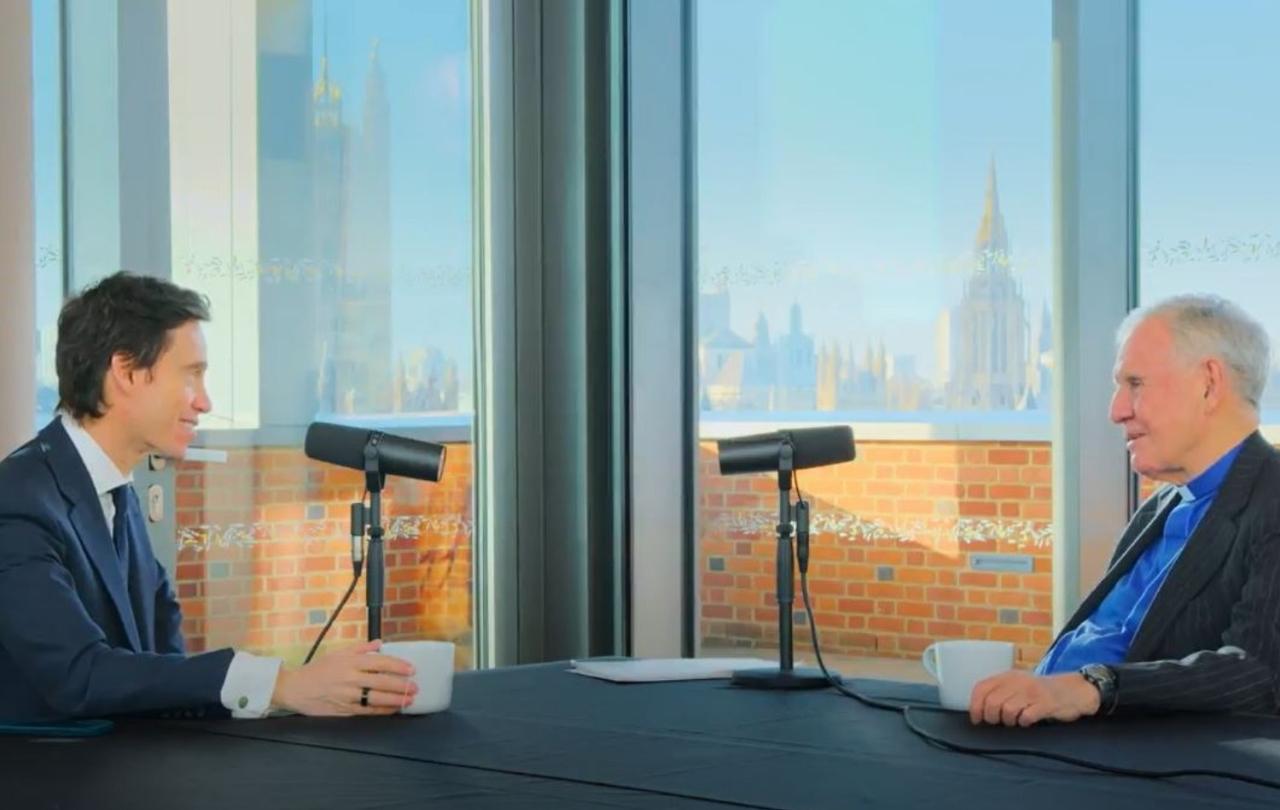Listen now
Elizabeth Oldfield is a writer, broadcaster and host of The Sacred podcast. Her new book Fully Alive examines how modern life can be informed by ancient wisdom, including a fresh look at the Seven Deadly Sins.
Belle and Justin speak to Elizabeth about her own spiritual journey, wisdom, our common life and the things that most deeply bind us.
Find out more about Elizabeth, visit her web site.
There’s more to life than the world we can see. Re-Enchanting is a podcast from Seen & Unseen recorded at Lambeth Palace, the home of the Centre for Cultural Witness. Justin Brierley and Belle Tindall engage faith and spirituality with leading figures in science, history, politics, art and education. Can our culture be re-enchanted by the vision of Christianity?





